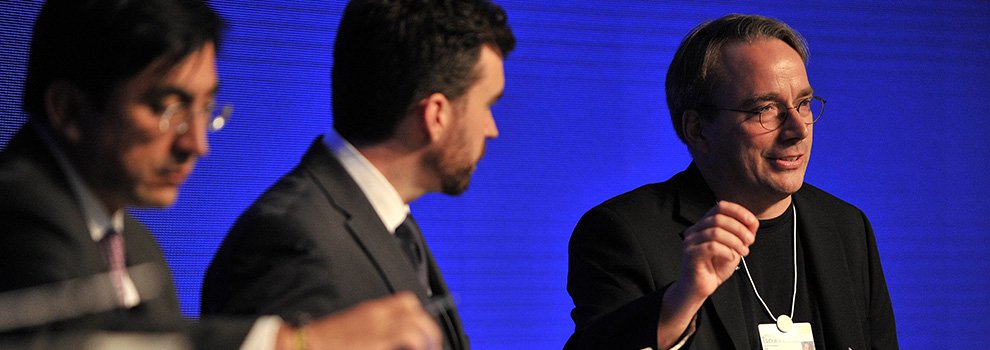Adam Back on the Risks of Benevolent Dictatorship in Bitcoin
The idea of a benevolent dictator for Bitcoin has become a topic of conversation throughout the community lately due to Mike Hearn’s role as the final authority for changes in Bitcoin XT. Although it should be made clear that Hearn is able to dictate only policy for that particular implementation of the Bitcoin protocol, some individuals are turned off by the idea of having a single point of failure in the development process.
Blockstream co-founder and President Adam Back is one such person, and he shared some of his views on the subject during a recent interview with Epicenter Bitcoin.
Putting the Entire Bitcoin Economy on One Man’s Shoulders
Back described a variety of issues with a benevolent dictatorship governance model for Bitcoin during the interview, but his main point was that having a single person with a large amount of power in the development process could lead to problems associated with moral hazard.
There’s also the issue of the immense amount of pressure facing any individual who decides to take on the role of benevolent dictator. Back described this dynamic during his appearance on Epicenter Bitcoin:
“I think the danger with Bitcoin is that there’s a lot of other people’s money at stake, right? There’s a $4 billion economy, and as we go into the future — if Bitcoin sees adoption in certain segments for international settlements or as a competitor to gold or something — that could turn into a $4 trillion economy. If you turn around and think for a few minutes about would you personally like to be the final arbiter, I think you’ll find the answer would be no because you would be subject to immense amounts of international pressure, potentially blackmail, people bugging your equipment, [people] trying to sabotage [you.] Even governments and central banks employing Nobel Laureate economists struggle to avoid moral hazard.”
Promoting a Diverse Development Process
Back then discussed some of the other risks associated with having a single person making final decisions on important development matters in Bitcoin. He noted the importance of having a diverse development process to avoid those kinds of issues:
“Another kind of risk is that a particular individual may have a hidden agenda or be working for, you know, a criminal organization or a foreign government with a conflict of interest or something. If there’s a peer-review process where a group of diverse people have to review changes and approve [them] — that’s the best we know how to do in terms of avoiding those kinds of influences creeping in.”
Although many people have demonized the relatively slow development process that has plagued Bitcoin Core for the past few years, the reality is that there may not be better options that don’t introduce new, unforeseen complications.
Gavin Andresen on Being the Benevolent Dictator of Bitcoin
Bitcoin XT Developer and Bitcoin Foundation Chief Scientist Gavin Andresen was interviewed in an episode of Epicenter Bitcoin released one week prior to Adam Back’s appearance, and he also shared his thoughts on the pressure related to being a benevolent dictator for Bitcoin:
“Having been in the position of lead maintainer and knowing that this whole multi-billion dollar industry kinda-sorta rests on your shoulders because you’re in charge of the code that everybody is running — that’s a horrible place to be. It’s insane pressure to make the right decision, which is part of the reason why I think we need to evolve beyond that — so that no one person or group of people feels like the whole weight of the system rests of their decisions, so there is more room to make decisions, to innovate and even make mistakes.”
Andresen’s view is that a benevolent dictator could allow the development community to avoid delays in the deployment of bug fixes and new features, although he’d also like to see a variety of implementations of the Bitcoin protocol:
“The impact of those mistakes will be smaller if you have a more diverse system where maybe not everybody is running the same version of the code on the network. There are lots of different versions of the code if any one breaks; it’s not that big of a deal because the whole system doesn’t break. Diversity really does bring more robustness in this case.”
For now, Bitcoin Core is still the main implementation of the protocol used by the vast majority of users. Wladimir J. van der Laan is technically the lead maintainer of Bitcoin Core, but he is not willing to act as benevolent dictator at this time. Unless the mining industry changes their minds and begins to support Bitcoin XT, it appears that there won’t be any benevolent dictators of Bitcoin in the near future.
Photo World Economic Forum / Flickr (CC)
The post Adam Back on the Risks of Benevolent Dictatorship in Bitcoin appeared first on Bitcoin Magazine.



